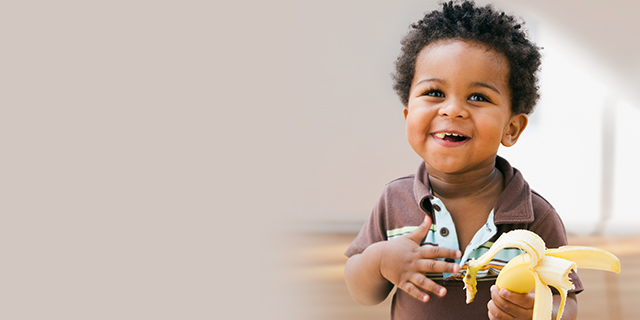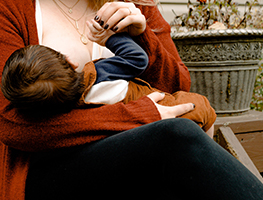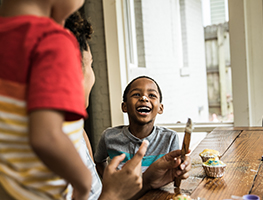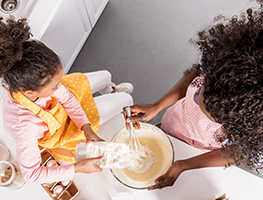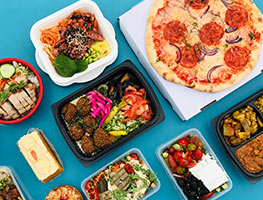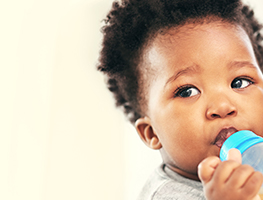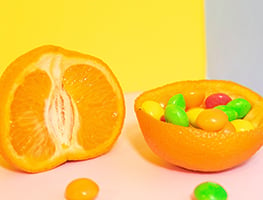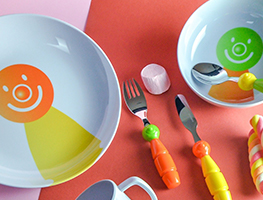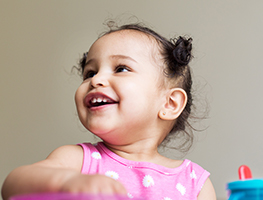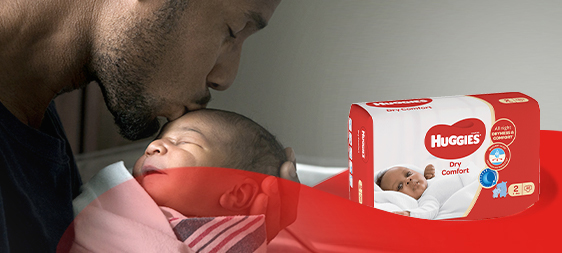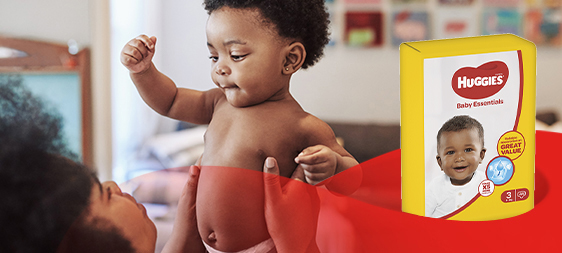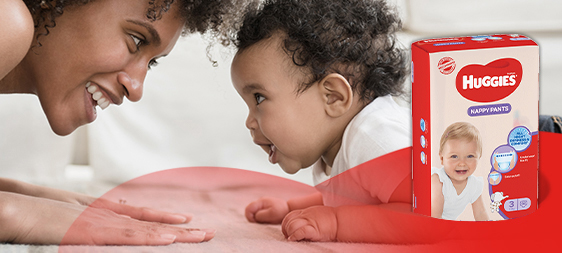Starting on solids
One of the most important things you can give your baby is a balanced, healthy diet. For the first few months, baby feeding is pretty straightforward because your little darling drinks her food, rather than eats it. The World Health Organisation recommends exclusive breastfeeding for the first 6 months (exclusive meaning only breast milk is given to your baby and nothing else – no water, no pap, just breast milk. At 6 months you start introducing solid food and carry on breastfeeding for at least 2 years). At 6 months of age, the next significant step in baby feeding takes place: eating solids. For first-time parents, this can be a big deal, as you probably don’t have a clue about what to feed your little one. Also, you may be worried about hygiene and all those food allergies that seem to be about these days.
Starting to feed baby
Preparing food for baby can be an enjoyable task once you’ve gotten the hang of it, and you’ll get a real kick out of watching your baby experience their first mouthfuls of squished banana or stewed apple. Make sure you have the camera ready to capture the funny looks on his or her face – the expressions could range from astonishment to disgust to indignant to sheer delight!
As a general guideline, make sure they’re getting a variety of nutrient-rich, unprocessed foods such as fruit, vegetables and red and white meat. If your baby is vegetarian, ensure that you check with your doctor that they’re getting enough nutrients. For more information, visit our page on early nutrition.
How to tell when baby is ready for solid foods
If you’re wondering when to start your baby on solids, it’s usually around the age of 6 months. At around 6 months, breast milk or formula can no longer provide all the nutrients that baby needs. Avoid waiting much longer than this to ensure that your baby is getting everything that they need, as well that they are open to eating solids.
You may even notice that your baby is starting to take more of an interest in what you’re eating and attempting to put different foods in their mouth. This is also a good sign that they are ready to start eating grown up food!
When starting on solid foods make sure that it’s blended into a fine puree. Introduce a number of foods, and rotate them throughout the week to create more variety and balance in your little one’s diet. Because eating is a new experience, baby’s first solids need to be smooth and moist so they’re easy to swallow, yet interesting and tasty so they are eager for more. Read our article on early nutrition for more.
Food allergies in babies
Food allergies are becoming more and more common all over the world and it’s important that you get baby to a doctor if you suspect that they may be allergic to something you’re feeding them. Some of the most common allergies and intolerances include:
Lactose intolerance
Peanut allergy
Wheat/gluten intolerance
Milk allergy
Egg allergy
Soy allergy
Shellfish allergy
Always keep an eye on whether your baby experiences any abnormal reactions to these foods when you’re first introducing them. Allergic reactions usually occur soon after eating the allergen. If the child experiences a severe reaction (trouble breathing/wheezing, severe vomiting) urgent medical attention is required. Around 6 months there is a window of opportunity to introduce solids of all varieties quite quickly to your baby which will decrease the incidence of food allergies.
Nutrition for breastfeeding mums
As you’re breastfeeding and gradually weaning baby, don’t forget about your own nutrition! Continue eating plenty of fruits, veggies, red and white meat, seafood, nuts and seeds to keep your energy and nutrition levels up.

